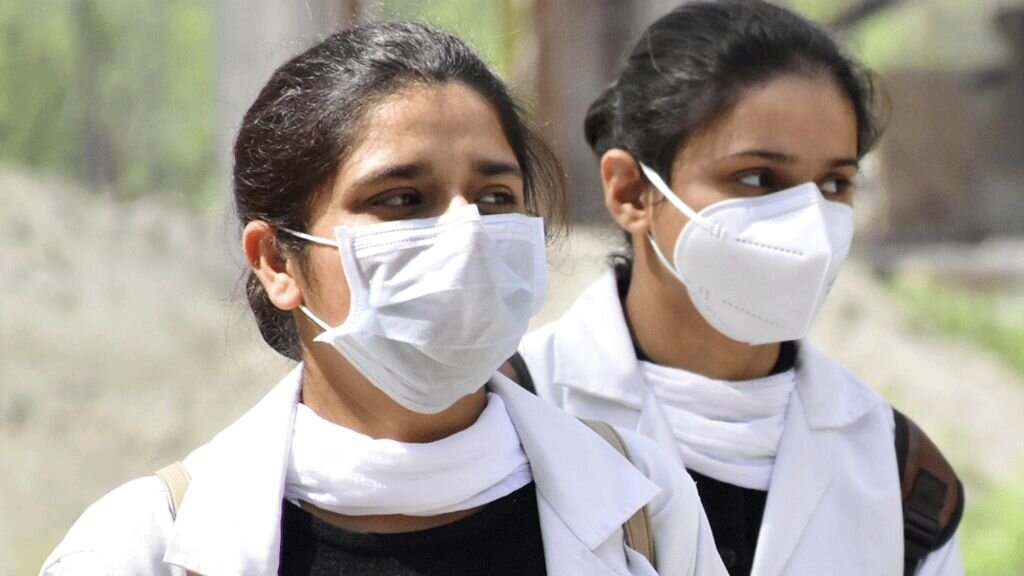Impact of COVID-19 on NGOs and Social Enterprises
Reading time - 5 min.
Related Articles
सांभर फेस्टिवल 2025 का भव्य शुभारंभ राजस्थान की संस्कृति, रोमांच और पर्यटन का उत्सव
राजस्थान की ऐतिहासिक और प्राकृतिक धरोहर सांभर एक बार फिर वैश्विक पर्यटन मानचित्र पर चमक रही है। 27 दिसंबर से 31 दिसंबर तक आयोजित...
Forget Pakistan — Bangladesh Is Where India Is Actually Losing the Great Game
When Sheikh Hasina's plane lifted off from Dhaka in August 2024, it wasn't just the departure of a prime minister—it marked the potential unraveling...
How Seniors in India are Losing Traditional Micro-Communities
Across India, an unseen re-wiring of daily life is quietly shrinking the social worlds of older adults. Numerous national surveys now show that loneliness...



 Dr Meena Galliara is Director, Jasani Centre of Social Entrepreneur & Sustainability Management, SBM NMIMS. Dr Galliara has accumulated work and teaching experience for close to three decades. Her areas of interest include Social Marketing, Corporate Social Responsibility & Corporate Governance, Corporate Social Responsibility, Strategic Planning & Management in Social Enterprises, Social Venture Development and Costing of Social Projects and Management of Cross-Sector Partnership. Additionally, she has handled CSR teaching assignments at prestigious institutions including the Euromed- Marseille School of Management, France; Athens University of Economics and Business, Greece; Reitaku University, Tokyo and Rouen Business School, France.
Dr Meena Galliara is Director, Jasani Centre of Social Entrepreneur & Sustainability Management, SBM NMIMS. Dr Galliara has accumulated work and teaching experience for close to three decades. Her areas of interest include Social Marketing, Corporate Social Responsibility & Corporate Governance, Corporate Social Responsibility, Strategic Planning & Management in Social Enterprises, Social Venture Development and Costing of Social Projects and Management of Cross-Sector Partnership. Additionally, she has handled CSR teaching assignments at prestigious institutions including the Euromed- Marseille School of Management, France; Athens University of Economics and Business, Greece; Reitaku University, Tokyo and Rouen Business School, France.